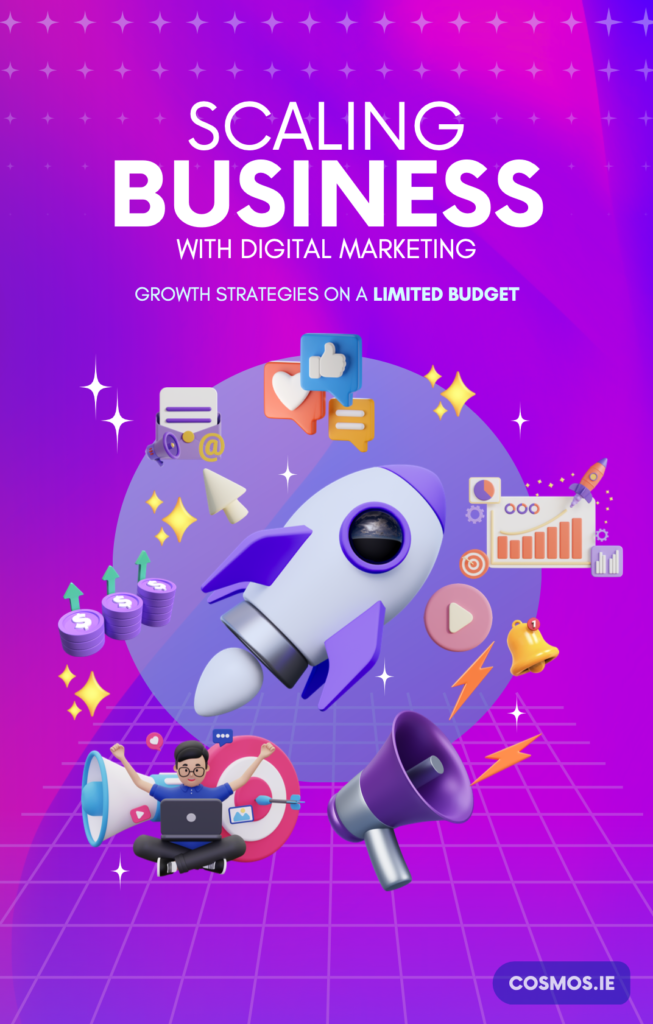In today’s AI empowered world, mastering the art of SEO is an absolute must for anyone looking to boost their online visibility and reach a wider audience. As the number of digital marketing agencies is getting higher, so is the number of articles.
Everyone is pumping out articles on search engines by taking the help of AI tools in bulk so as to get a piece of the ranking pie, but without having the actual SEO knowledge and best practices, their content ends up getting buried in the depths of vast oceans of search results.
So if you wish to climb up the pages of search results and wish to appear on top, are you ready to discover some of the ins and outs of search engine optimization (SEO)? Let’s dive in this guide and help you unlock its full potential.
Introduction to Search Engine Optimization (SEO)
On-Page SEO Essentials
On-page SEO refers to the practices you implement on your website to help search engines understand, index, and rank your content. Some key On- Page SEO factors include optimising your titles and meta descriptions, using header tags, incorporating relevant keywords, and ensuring your content is engaging and informative. By following these best practices, you’ll improve your website’s search engine performance and attract more organic traffic.
Off-Page SEO Strategies
Off-page SEO focuses on the actions you take outside of your website to improve its search engine rankings. One of the most critical Off-Page SEO factors is link building, which involves acquiring high-quality, relevant backlinks from authoritative websites. These links act as votes of confidence in your content, signalling to search engines that your site is a trustworthy and valuable resource.
The Importance of Keyword Research
Keyword research is the foundation of any successful search engine campaign. By identifying the terms and phrases your target audience is searching for, you can create content that caters to their needs and ranks well in search engine results. Use keyword research tools to uncover popular and relevant keywords, and be sure to consider search intent when selecting the terms you’ll target.
Long-tail keywords are also essential since they improve website exposure, target particular search queries, and draw in highly relevant visitors. Their accuracy aids in attracting specialised audiences, increasing conversion rates, and raising search engine ranks all around.
Technical SEO: The Backbone of Your Online Presence
Technical elements encompasses the behind-the-scenes aspects of your website that impact its search engine performance. Key factors include site speed, mobile-friendliness, crawl-ability, and indexing. By addressing these elements, you’ll ensure that search engines can easily access and understand your site, leading to better rankings and more organic traffic.
Content Creation

Creating high-quality, engaging content is at the core of any successful search engine strategy. Focus on crafting informative, value-driven pieces that address your audience’s needs and answer their questions. Incorporate relevant keywords naturally, and use multimedia elements such as images, videos, and info-graphics to enhance your content’s appeal.
When used properly, content may assist in creating leads in addition to educating your audience about a specific topic.
Link Building: Building Your Online Authority
As mentioned earlier, link building is a crucial component in this process. To build a strong back-link profile, focus on creating valuable, share-worthy content that other websites will want to link to. Additionally, consider reaching out to industry influencers, guest posting on reputable sites, and engaging in online communities to acquire high-quality back-links.
User Experience and Mobile-Friendliness
User experience (UX) and mobile-friendliness are increasingly important factors. Search engines like Google priorities websites that provide a seamless, enjoyable experience for users, regardless of the device they’re using. To stay ahead of the curve, make sure your website is easy to navigate, loads quickly, and is fully optimized for mobile devices. By focusing on mobile friendliness , you’ll not only improve your search engine rankings but also keep your visitors coming back for more.

E-Book: SCALING BUSINESS
WITH DIGITAL MARKETING
GROWTH STRATEGIES ON A LIMITED BUDGET
- Gain an edge with our eBook
- Your quick guide to digital excellence
Monitoring Your Success with Analytics
To measure the success of your efforts, it’s essential to track your performance using analytics tools. Regularly review key metrics such as organic traffic, keyword rankings, and conversion rates to assess the effectiveness of your strategies. Be prepared to adjust your approach based on your findings, and remember that this is an ongoing process that requires continuous learning and improvement.
Also, as a small business or a company, you find it hard and get lost with numbers and analytics. It’s better to shake hands with digital marketing services around you, as they help you provide all the basics, and ideas which can flourish your business.
Conclusion
And there you have it! By understanding and implementing these various aspects, you’ll be well on your way to boosting your online visibility and achieving your digital marketing goals. From on-page and off-page SEO to technical optimisation and content creation, each element plays a crucial role in driving organic traffic and ensuring your website’s success.
So, embrace the world of search engine optimisation, and watch your online presence flourish! For more such information on Digital Marketing Services, catch up on Cosmos.
FAQS
1. How to do SEO for beginners?
Start with keyword research, optimize on-page elements like titles, meta descriptions, and content, build quality back-links, and ensure mobile-friendliness for a strong foundation.
2. How exactly does SEO work?
SEO involves optimizing a website to improve its visibility in search engine results by using various strategies like keyword optimization, content creation, technical enhancements, and link building.
3. Is SEO still relevant in 2023?
Yes, it remains crucial in 2023 as search engines continually evolve, and users rely on them to find information, products, and services. It’s essential for online visibility and brand growth.
4. How do I start optimization for my website?
Begin by auditing your site, researching keywords related to your industry that people are searching for, optimizing content, improving site speed, ensuring mobile responsiveness, and creating high-quality, relevant content that satisfies user intent.
5. Is search engine optimization really worth it?
Absolutely, it provides long-term benefits by increasing organic traffic, brand visibility, and credibility. It’s a cost-effective way to attract relevant visitors and drive conversions.
6. How much does it cost to do SEO?
The cost of search engine optimization services can vary widely depending on the scope of work, competitiveness of keywords, and the agency or freelancer hired. Prices can range from a few hundred to several thousand dollars monthly.
